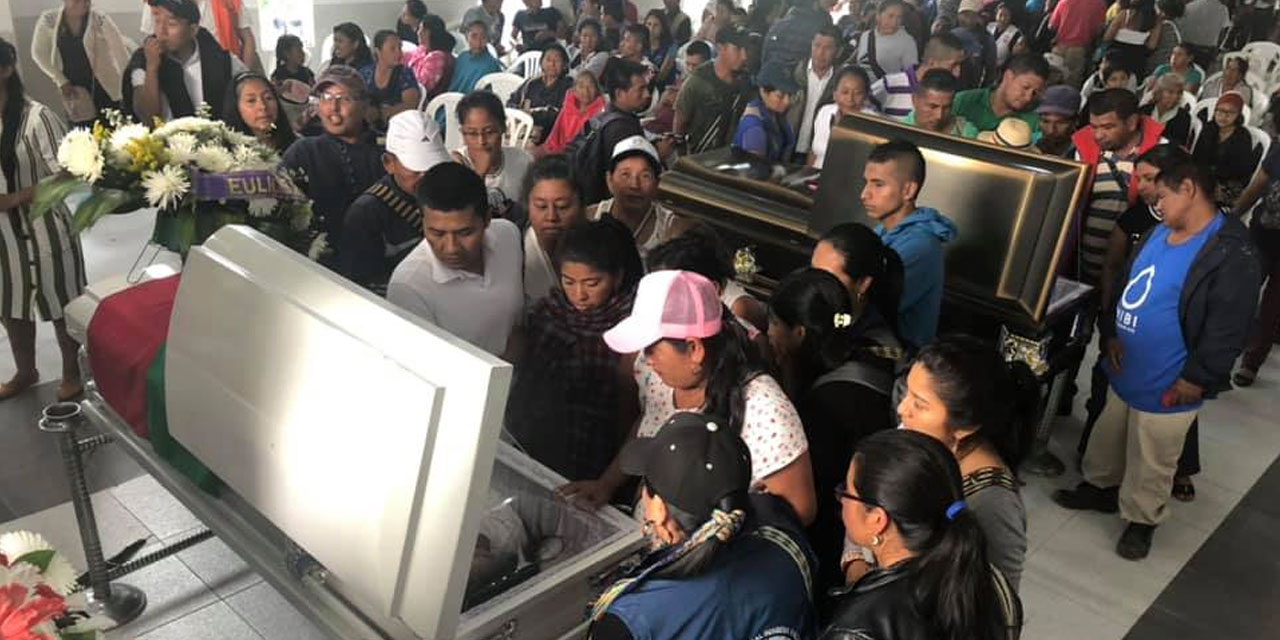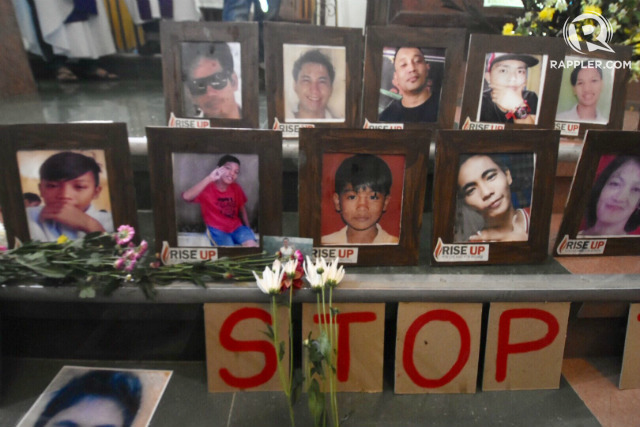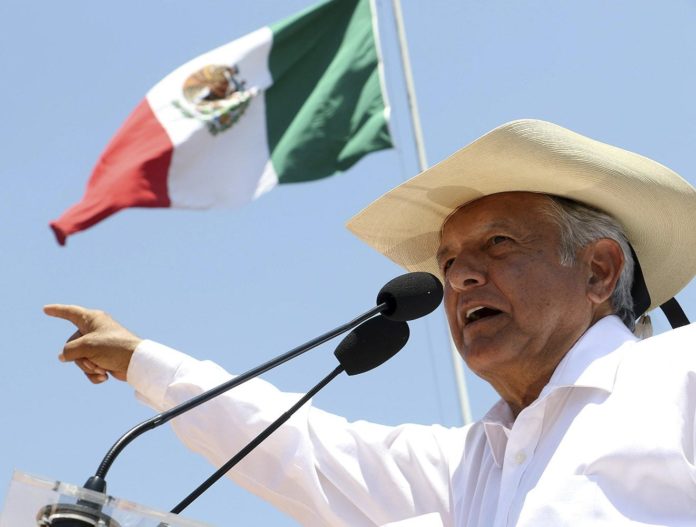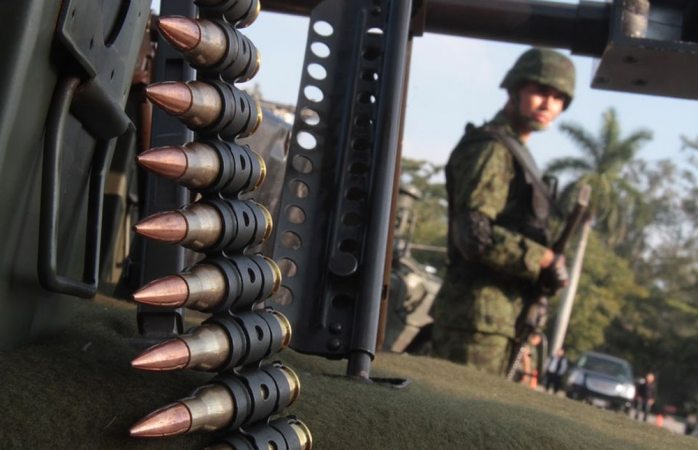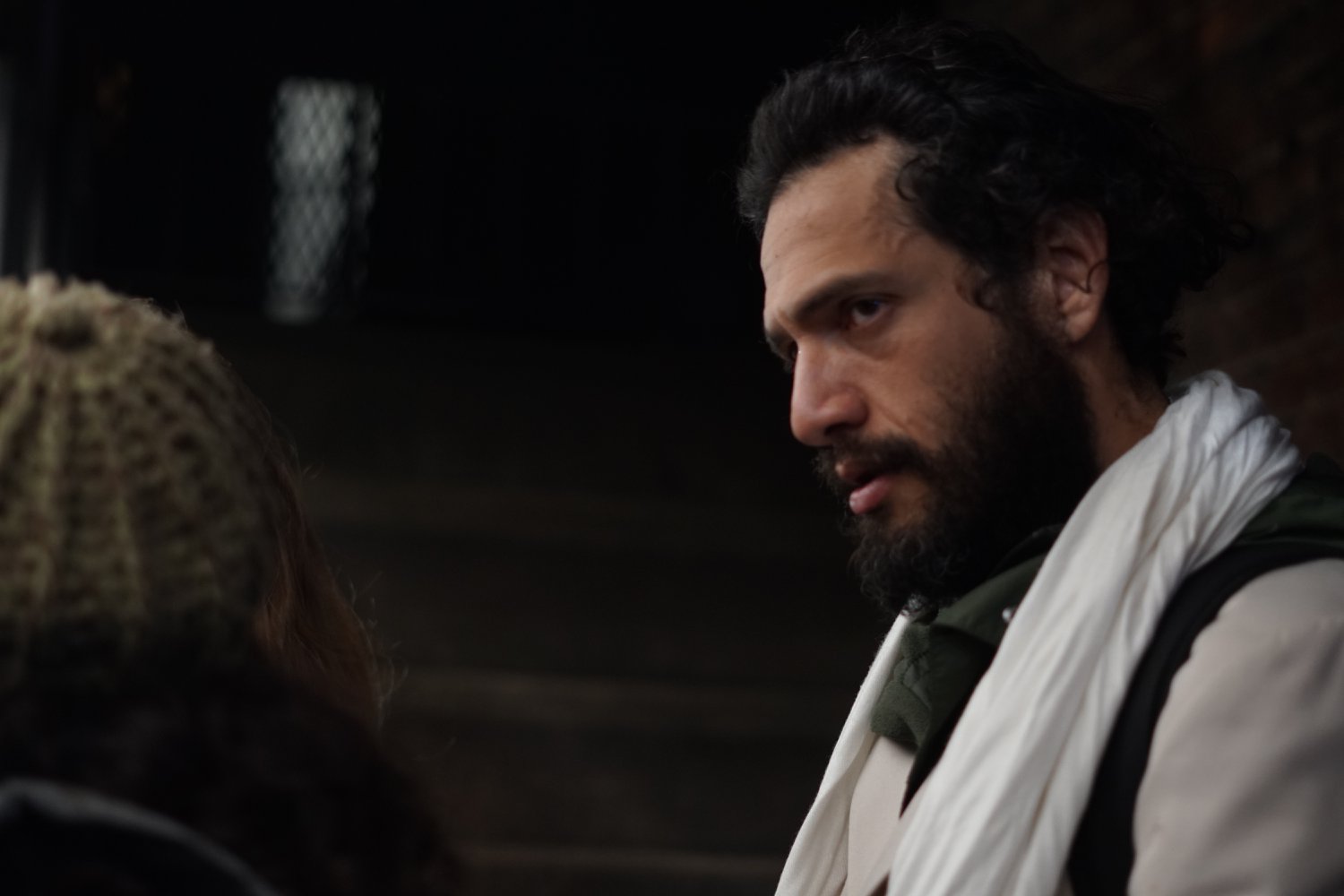
Podcast interview: Yoseph Needleman-Ruiz
In Episode 42 of the CounterVortex podcast, Bill Weinberg interviews Yoseph Leib Needelman-Ruiz (Ibn Mardachya), author of Cannabis Chassidis: The Ancient and Emerging Torah of Drugs. In a far-ranging meeting of the minds, the pair explore the dilemmas of Jewish identity in both Israel and the diaspora, Zionism and gentrification (with parallels from the West Bank to Williamsburg), nationalism and anarchism, and such contradictions as the embrace of cannabis by Israel’s right-wing political establishment. Listen on SoundCloud, and support our podcast via Patreon. (Photo by Adam Gregory)



